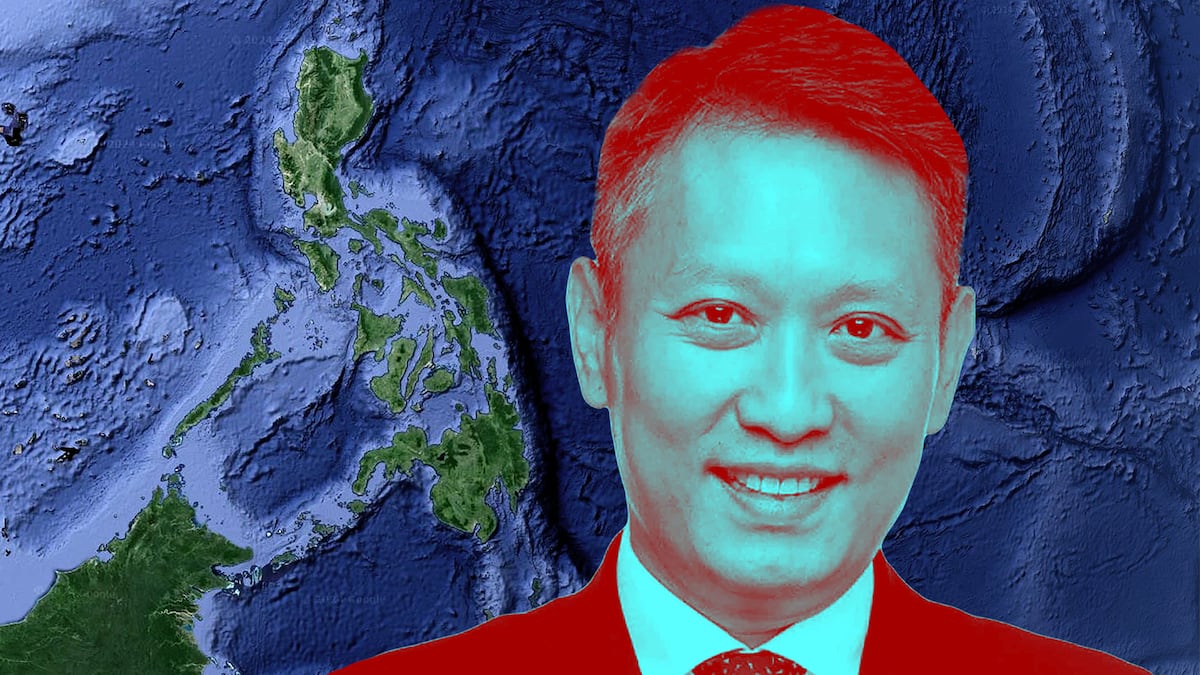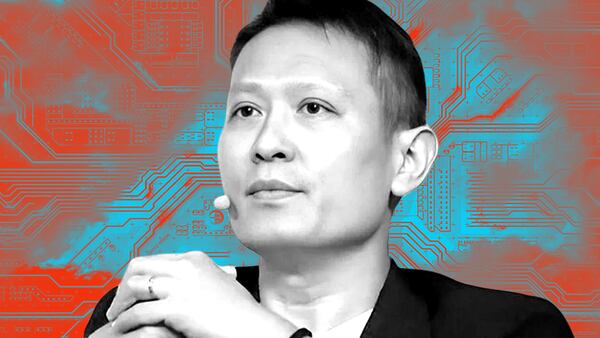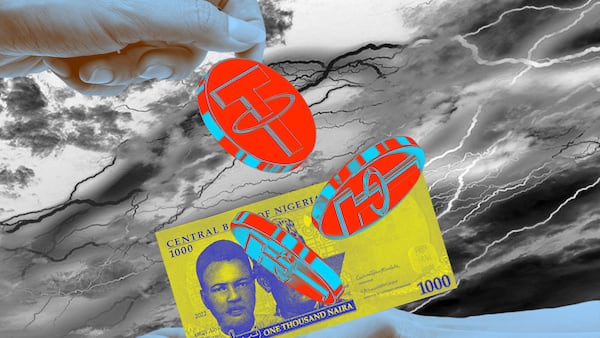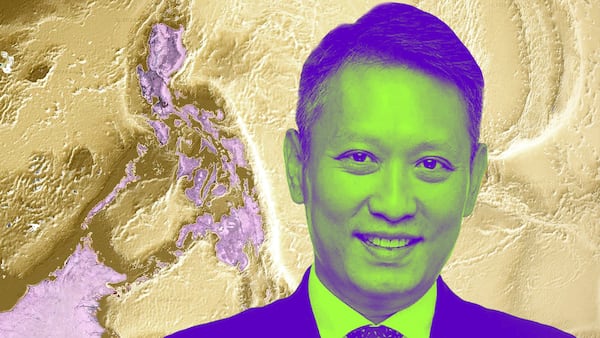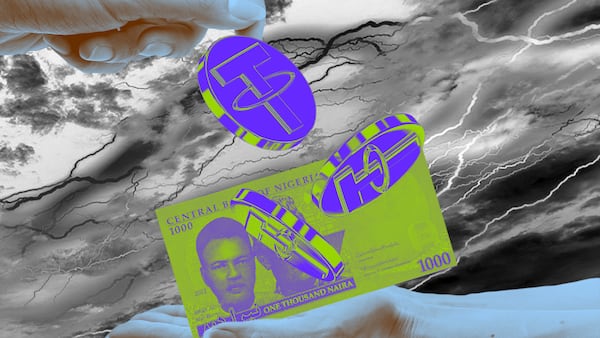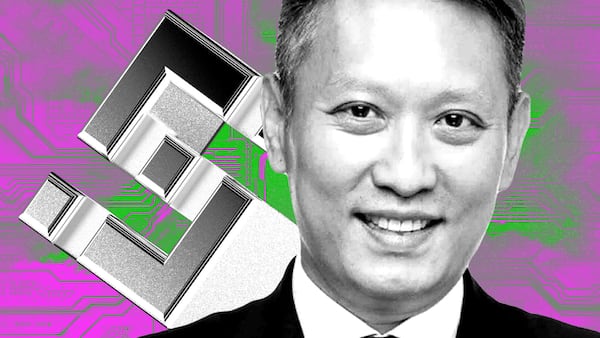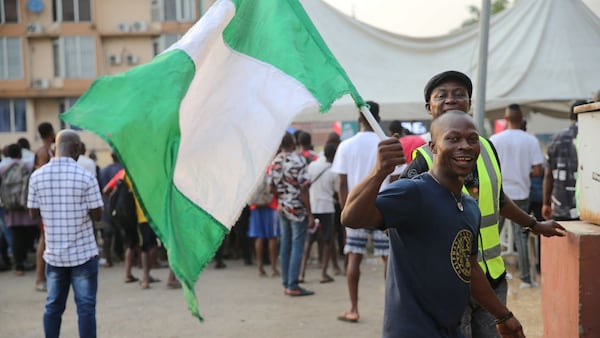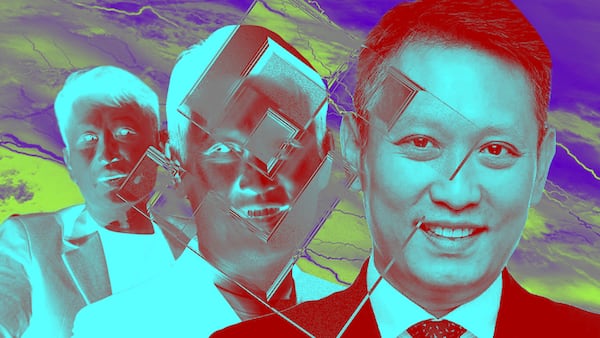- South Korea joins a growing list of countries investigating Worldcoin.
- Hong Kong plans for a wholesale central bank digital currency.
- Hunting for BitForex and how to fix Hong Kong’s scam problem.
Binance gets a pass, for now.
That’s the upshot from action taken by regulators in the Philippines on Thursday.
The National Telecommunications Commission started blocking websites and apps offering investment opportunities without local licence, according to the Asian nation’s Securities and Exchange Commission.
While the SEC had put Binance on notice that it would be blocked by the end of the February for failing to register its services, officials indicated that negotiations with the world’s biggest crypto exchange had staved off action for now.
SEC Chair Emilio Aquino told the local news outlet The Inquirer this week that there were ongoing discussions. “I assure you the issue will be addressed,” he added.
He added that the agency was in a transition period following the end of Commissioner Kelvin Lester Lee’s tenure as the head of markets and securities. The new commissioner, Hubert Dominic B Guevara, was appointed this week.
Instead, the SEC honed in on MiTrade, a non-crypto investment firm. On February 21, the NTC asked internet services to block it.
On March 8, the SEC also secured support from the NTC to block another investment trading platform, OctaFX.
The SEC said Binance was violating regulations by promoting campaigns on social media to attract citizens.
As for what happens next with Binance that remains unclear.
The SEC told DL News in February that it was evaluating the ramifications of blocking the exchange, including what would happen to Filipino customer funds.
“We are also working with other government agencies on the procedure of restraining unregistered entities’ operations in the Philippines,” an agency spokesperson told DL News.
The SEC complaint against MiTrade was similar to the warning it issued Binance last year. The SEC said Binance was violating regulations by promoting campaigns on social media to attract citizens.
Officials warned once again that those who promote such platforms could face up to 21 years in prison.
Binance has not responded to repeated requests for comment on the issue in the Philippines.
South Korea investigates Worldcoin
The value of Worldcoin’s native token WORLD has risen more than 211% in the last month. Shame the same can’t be said for its standing with data protection watchdogs around the world.
South Korea has joined the growing list of countries investigating Worldcoin and how it collects and processes personal information from users, according to a statement from the country’s Personal Information Protection Commission said on March 4.
With around 10 locations in Korea where affiliates are collecting facial and iris recognition information, the commission said it will be investigating Worldcoin under the Personal Information Protection Act.
Last month, Hong Kong also launched a similar investigation and the city’s Worldcoin outlets remain closed.
And in Spain this week, Worldcoin has been banned for up to three months. Spanish data protection regulator AEPD told it to immediately stop gathering personal data.
The company’s data protection officer, Jannick Preiwisch said Worldcoin’s efforts to engage with Spanish regulators had gone unanswered.
“It is also unfortunate that they are spreading inaccurate and misleading claims about our technology globally,” he added.
Worldcoin did not immediately respond to a request for comment.
Hong Kong rolls out wholesale CBDC to boost tokenisation
The Hong Kong Monetary Authority has launched a new wholesale central bank digital currency to develop the tokenisation market in Hong Kong.
“The project will initially focus on tokenised deposits, which is a digital representation of commercial bank deposits, issued by commercial banks and made available to the general public,” the authority said in a statement.
“With wCBDC as the foundation, tokenised deposits can be used for tokenised asset transactions, unlocking new opportunities for optimisation and innovation in the tokenisation era.”
It will also launch a wCBDC Sandbox later this year to further research tokenisation use cases.
Quick Bites
- Hong Kong closed applications for becoming a licensed virtual asset trading platform at the end of last month. What does it mean when it comes to trying to tame the industry?
- Ahead of the Two Sessions in Beijing this week, Hong Kong lawmaker Johnny Ng spoke to DL News about his proposals to both encourage the development of Hong Kong’s web3 industry and clamp down on scams.
- One of those scams is BitForex, a crypto exchange that has left users unable to reclaim $57 million in funds. DL News set out to find its global headquarters in Hong Kong and ended up at an empty office in a strip mall.
- A new study from the University of Texas suggests pig butchering is raking in more funds than previously thought. It claims the scams, many of which are run out of Cambodia and Myanmar, have made $75 billion over the last four years.
Callan Quinn is DL News’ Hong Kong-based Asia Correspondent. Get in touch at callan@dlnews.com.
